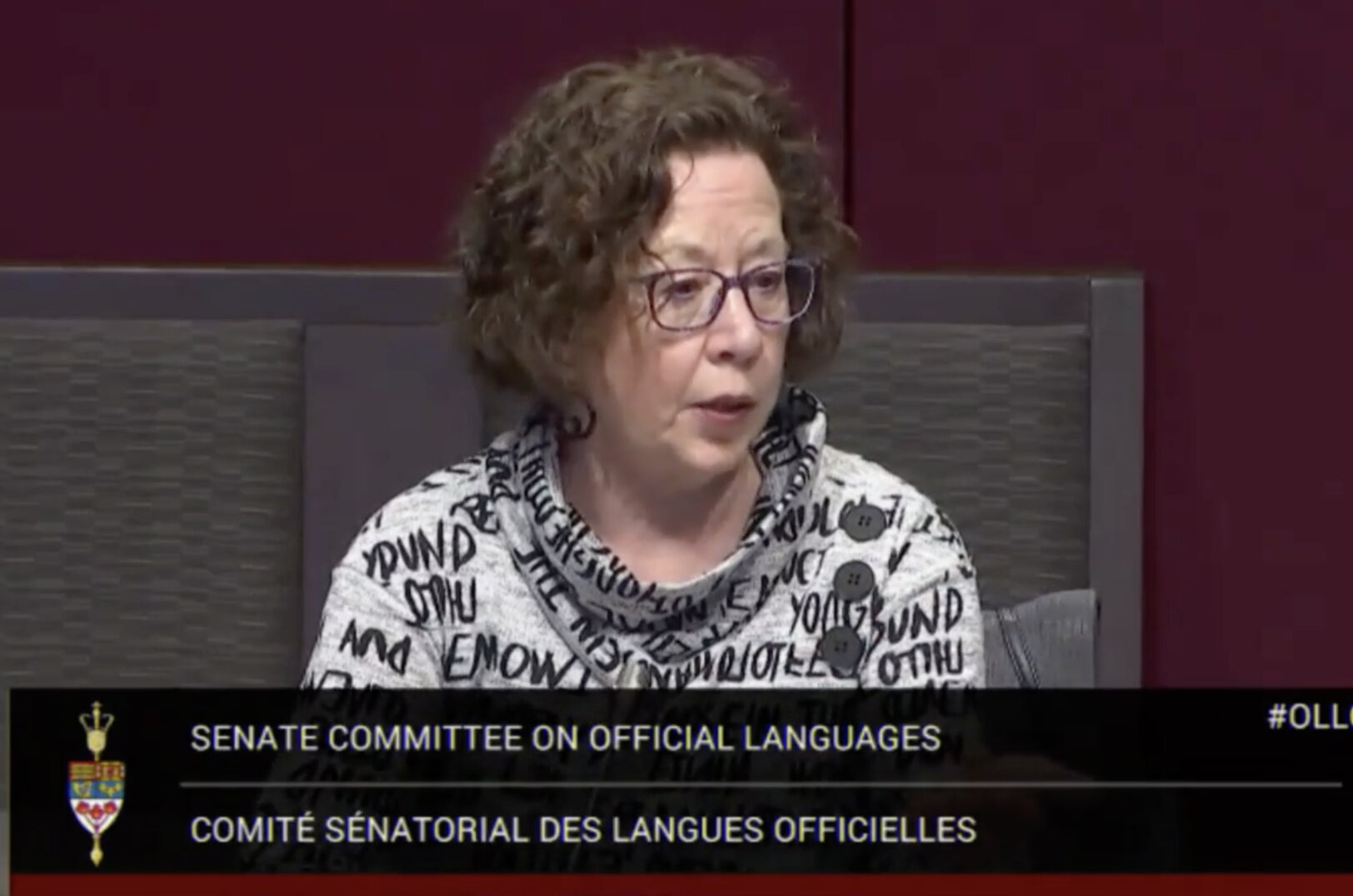Senate hears from Connexions about minority-language community poverty and under-employment
Reuel S. Amdur
René Lévesque called English-speaking Quebeckers Westmount Rhodesians. However, Danielle Lanyi told the Senate Standing Committee for Official Languages that poverty is a reality for Anglophones in our region. In the rural areas, there is a higher frequency of poverty and unemployment, and English-speakers experience these problems disproportionately.
The Standing Committee was looking at health services for official linguistic minorities. Danielle Lanyi, Executive Director of Connexions Resources Centre, addressed the Committee on May 1.
She reported that the population of the Outaouais is 396,000, of which 20.7% are English-speakers. In Pontiac, that figure is 56%.
Historically, she explained, Anglophones tended to seek health care services in Ottawa. However, Ontario is making it harder for Quebeckers to use them, and people in the Outaouais are looking to receiving services here.
Lanyi also explained the need for more early childhood education for this minority population. English-speaking youngsters are falling behind their French-speaking counterparts. They are more vulnerable, in terms of physical health, communication skills, and general knowledge.
She added that service challenges exist as well for other populations in need, including the aged, the LGBT community, those with mental health and addictions challenges, and others with special needs.
The insufficiency of bilingual staff is a basic problem that she identified, and staff are not always aware of the requirement to provide services in English.
Another problem exists at a higher level. As Quebec continually restructures the health care sector, there are fewer and fewer boards for English-speakers to seek representation on. Their voices are heard less and less.
Photo caption: Danielle Lanyi, Executive Director of Connexions Resources Centre, addressed the Senate Standing Committee for Official Languages on May 1.
Photo credit: Screenshot





